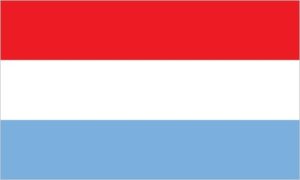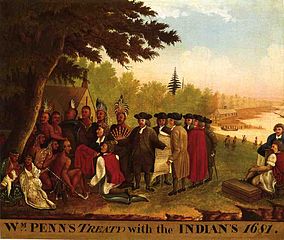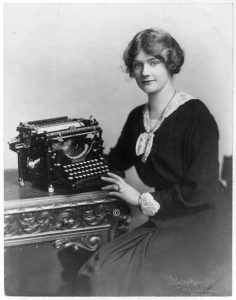Wilma Rudolph (born St. Bethlehem, Tennessee, 1940; died Brentwood, Tennessee, November 12, 1994) was the first American woman to garner three gold medals in one Olympics. She specialized in track events. A polio survivor, Rudolph serves as a model for dedication and hard work. Children could read Wilma Unlimited: How Wilma Rudolph Became the World’s Fastest Woman, by Kathleen Krull.
Theodore Taylor (born Statesville, North Carolina, 1924; died Laguna Beach, California, October 26, 2006) wrote at least 50 books for children and young adults. One of his books is The Cay, which received the 1970 Jane Addams Book Award. The Edgar Award was presented to him in 1992 for The Weirdo. His The Bomb earned the 1996 Scott O’Dell Award for Historical Fiction. Children can visit a website devoted to him at: Theodore Taylor.


